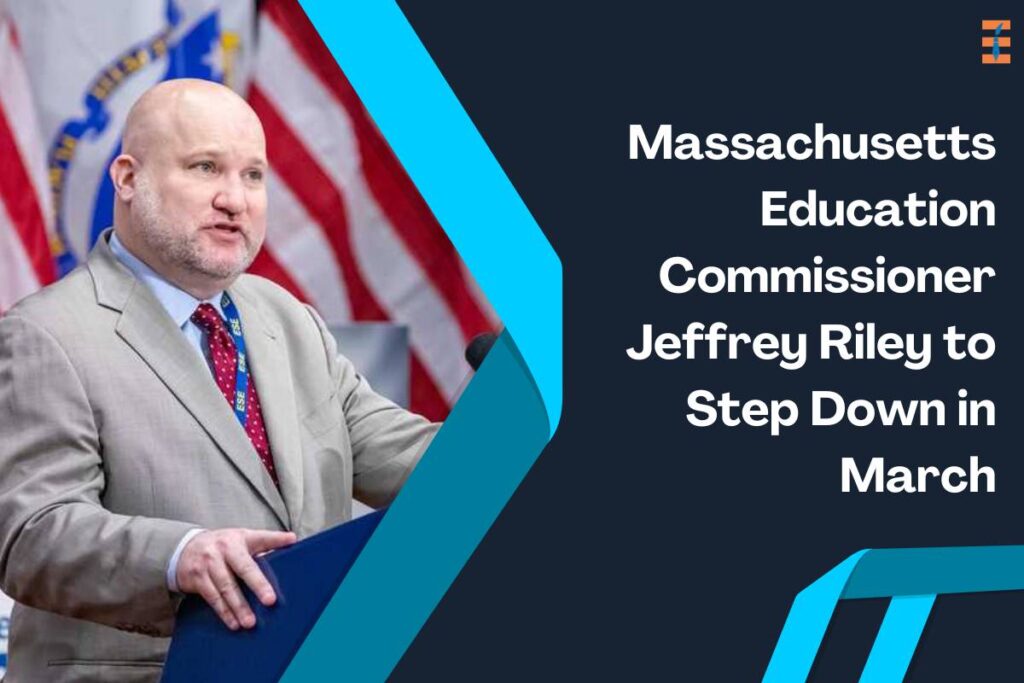Source- WCVB-TV
Massachusetts’ Elementary and Secondary Education Commissioner Jeffrey Riley has announced his decision to step down on March 15 after leading the state’s K-12 school system for six years. In a letter addressed to the state’s education board, Riley expressed that the timing felt right for him to transition and pass the baton to new leadership.
Riley intends to recommend Deputy Commissioner Russell Johnston to serve as the acting commissioner to the Board of Elementary and Secondary Education. He plans to continue serving as an advisor until the end of the school year, ensuring a smooth transition period.
The commissioner cited personal reasons for his decision, stating that his responsibilities as a son to aging parents require more of his time. Additionally, he emphasized the need for a commissioner who can commit fully to the role for at least another five years, which he feels he cannot do.
Jeffrey Riley Leads Transformation in Massachusetts Education
During his tenure, Riley spearheaded various initiatives aimed at enhancing the state’s education system. These include the adoption of a new comprehensive health and physical education curriculum framework, diversification of the educator corps, expansion of early college programs, and the development of innovative science and civics assessments.
Riley navigated the state’s education department through the challenges posed by the COVID-19 pandemic, making critical decisions regarding school closures, testing protocols, and mask mandates. He acknowledged the pandemic as the central challenge of his time in office and highlighted the department’s contributions to national research on safety protocols and in-person learning initiatives.
A Transformative Chapter in Massachusetts Education
Despite facing criticism from various quarters for his decisions regarding school reopenings, Riley remained steadfast in his commitment to supporting students’ academic and social well-being. He advocated for initiatives to address academic setbacks caused by prolonged school closures, including support for the Massachusetts Comprehensive Assessment System (MCAS) and efforts to combat chronic absenteeism.
Reflecting on his career in education, Riley expressed gratitude for the opportunity to work on behalf of the students, teachers, and families of Massachusetts. He emphasized his dedication to leveling the playing field and providing equal opportunities for all children to succeed.
Riley’s resignation marks the end of a transformative chapter in the Massachusetts education landscape. As the state prepares for a leadership transition, stakeholders express appreciation for Riley’s dedication and contributions to the improvement of the education system. His legacy is expected to have a lasting impact on students across the Commonwealth.
Also Read: North Carolina Strives to Bridge Education-Job Gap, Says Latest Report










